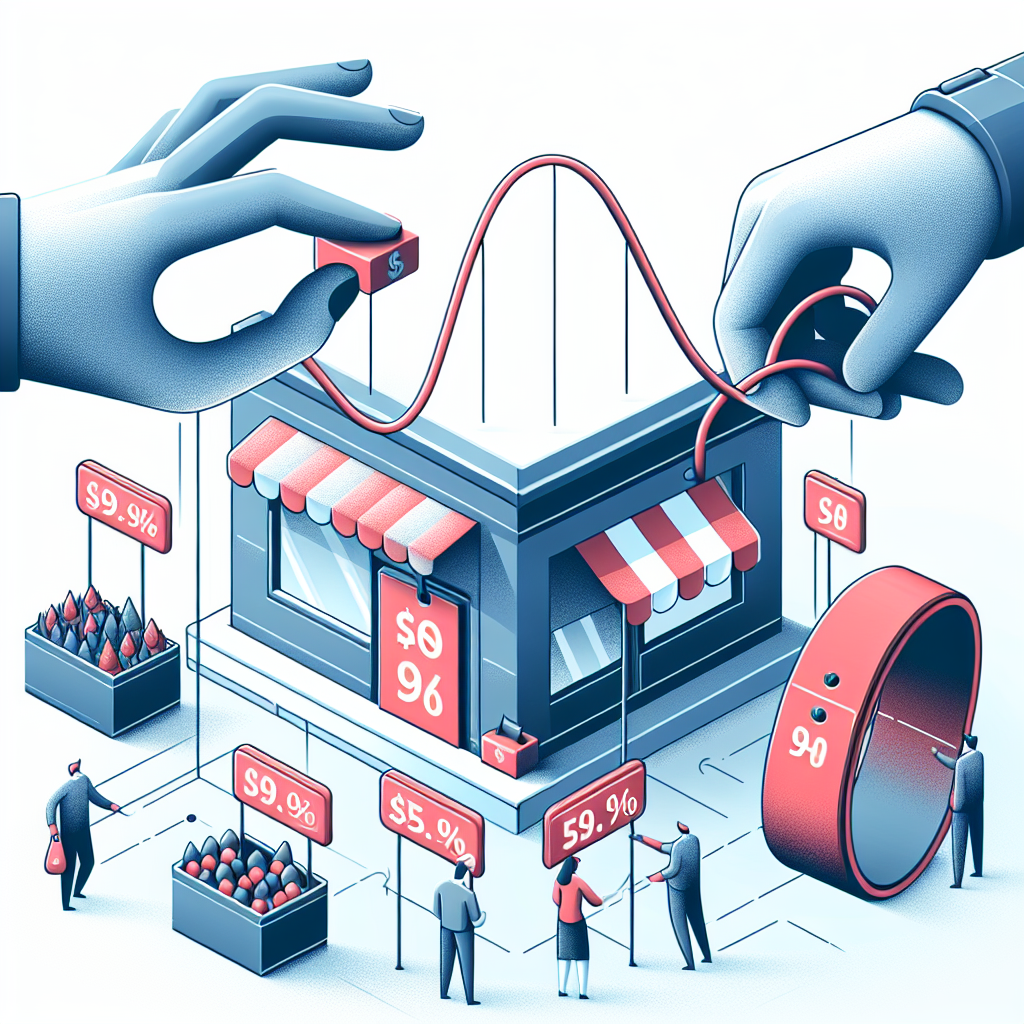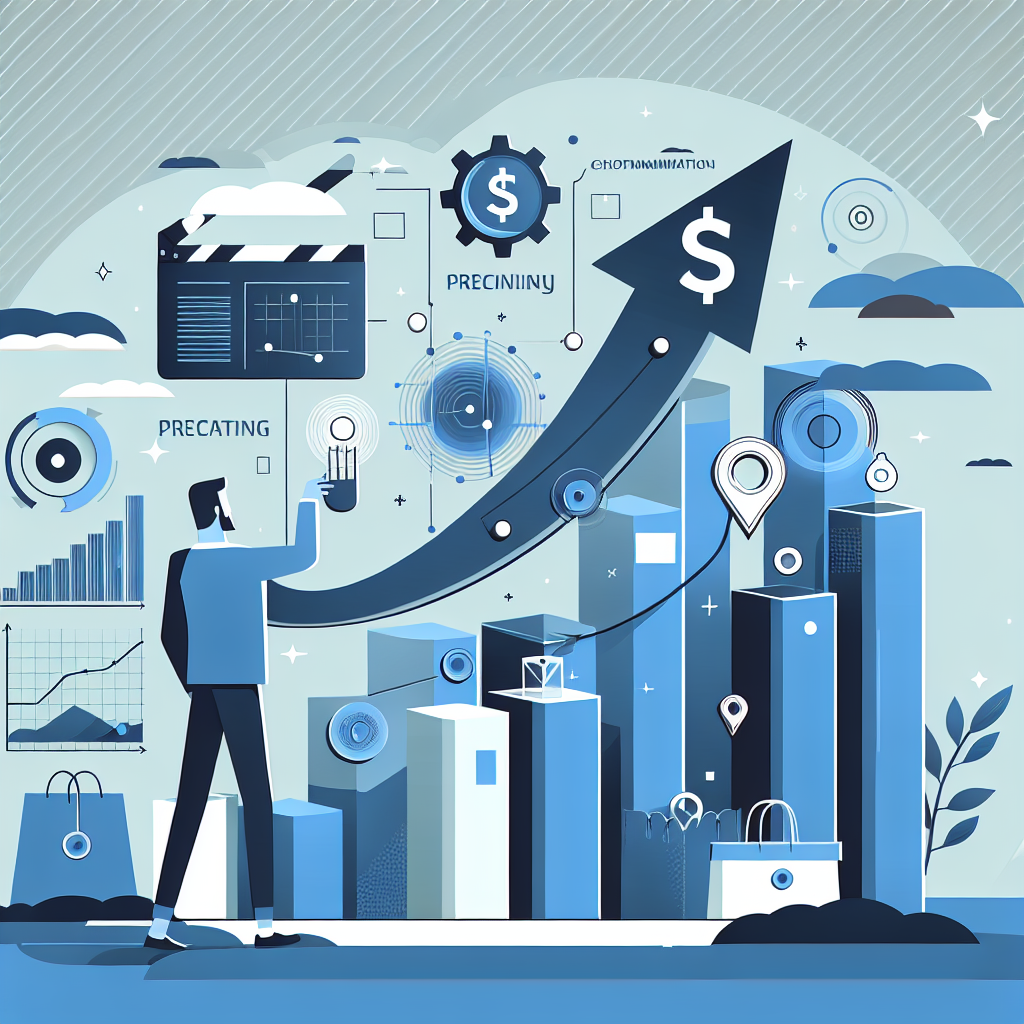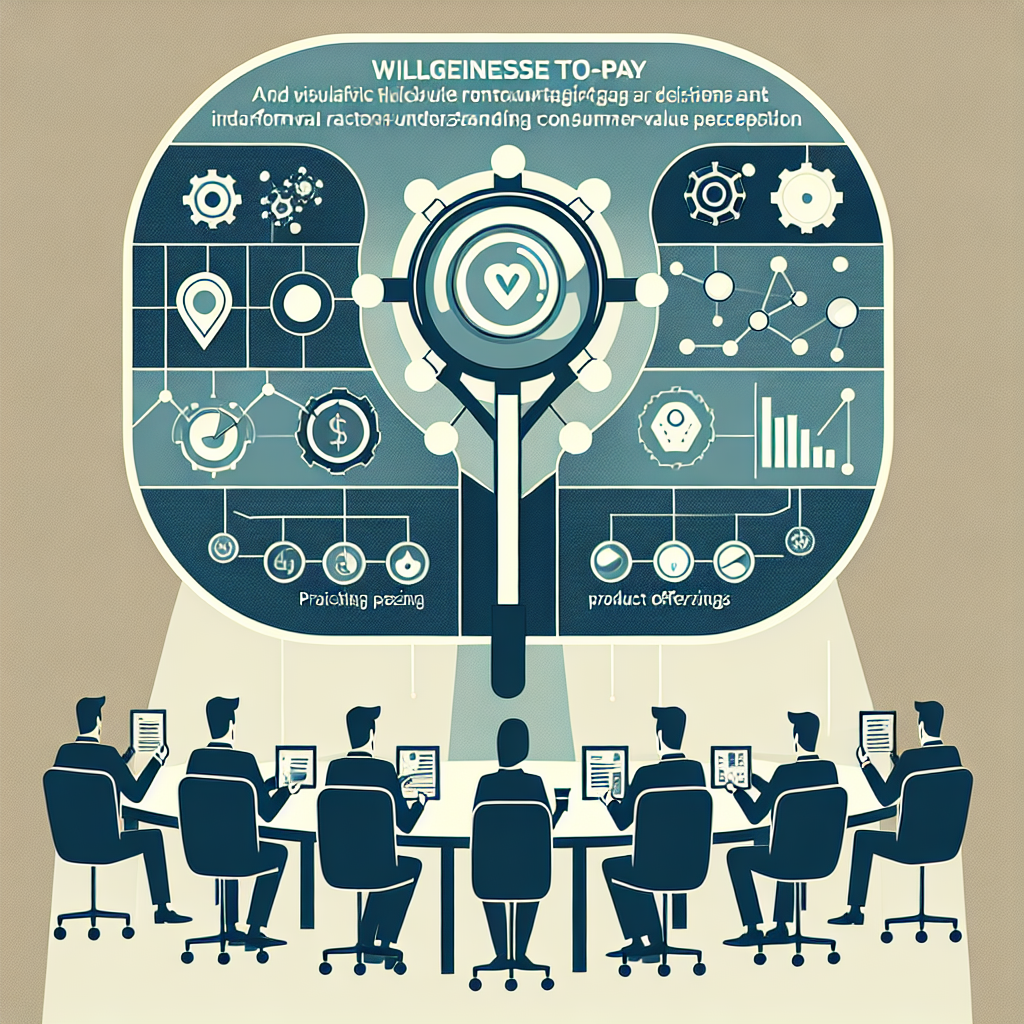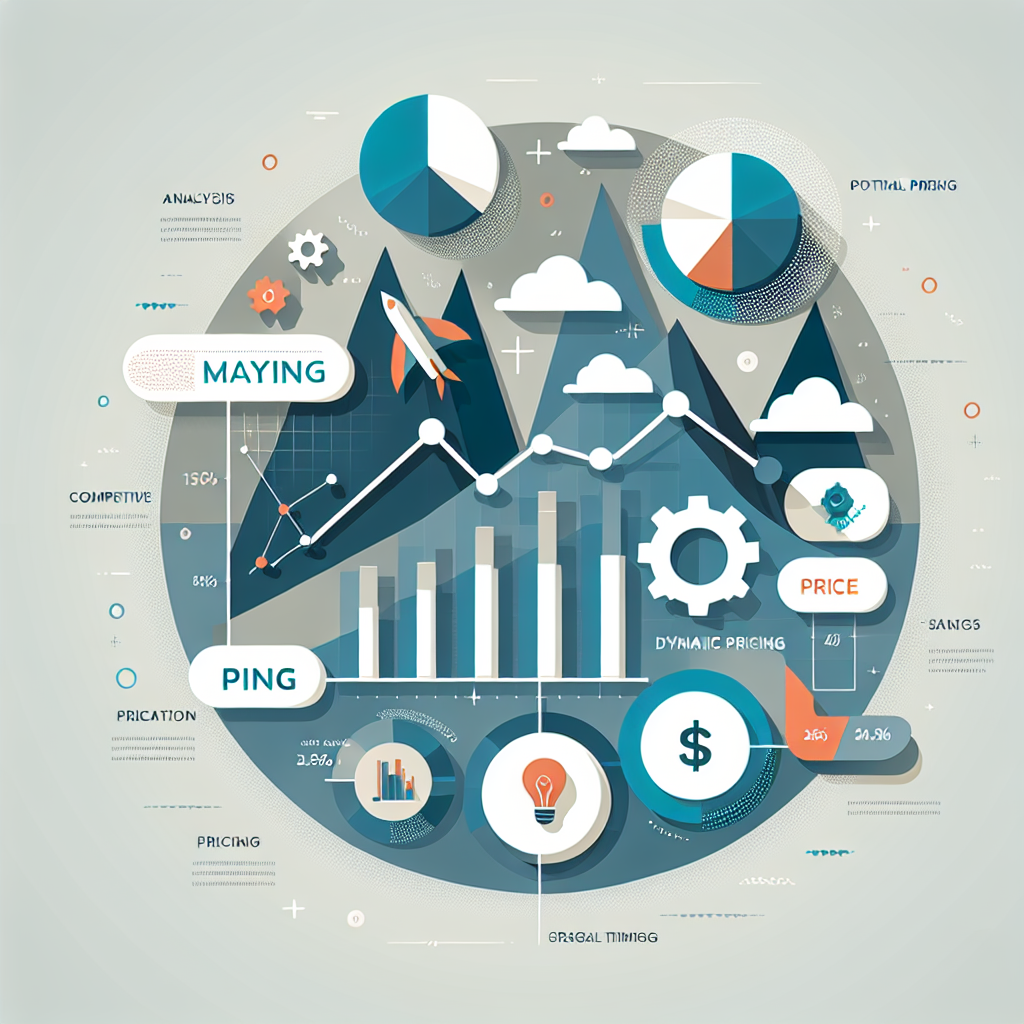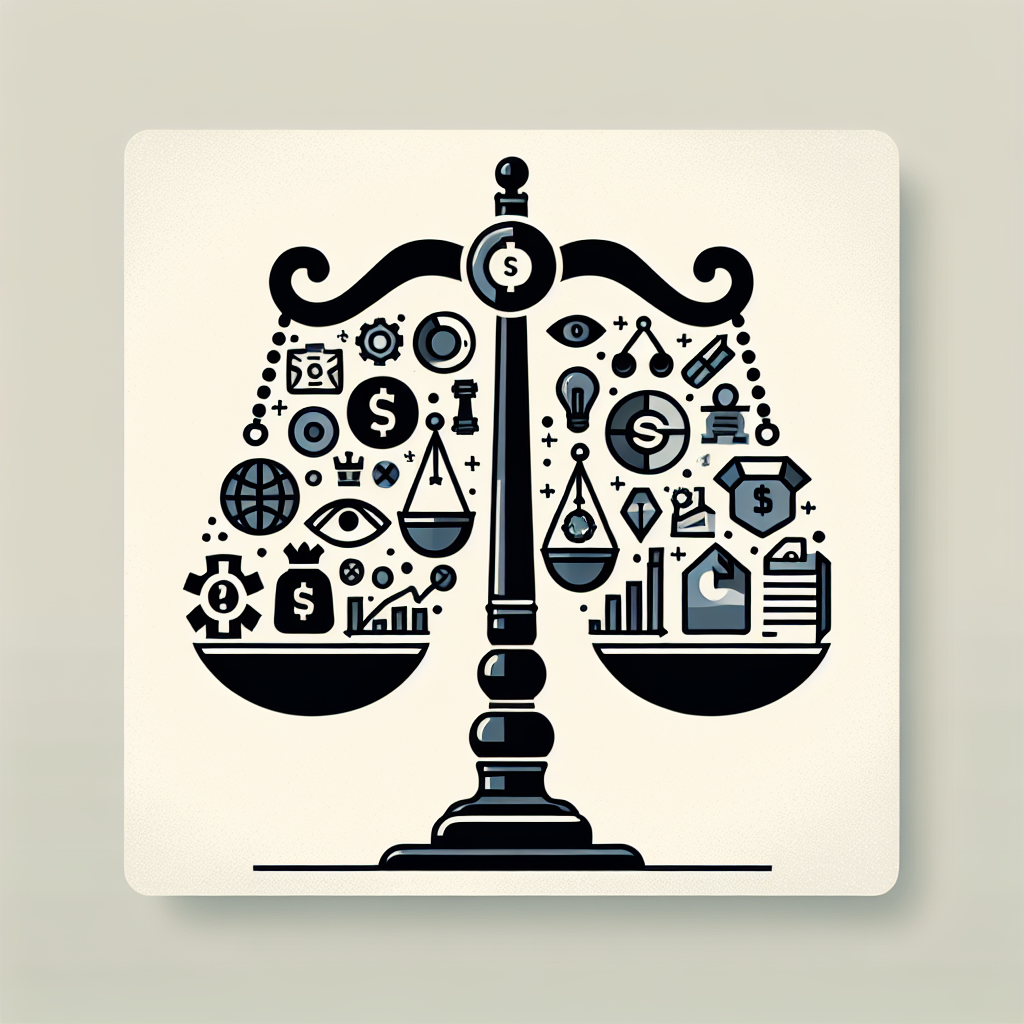The Psychology of Persuasion in Marketing
The psychology of persuasion is a foundational aspect of marketing, leveraging insights from human behavior and cognitive psychology to influence consumer decision-making. By understanding how people think, feel, and act, marketers can craft compelling narratives that resonate with their audience, driving engagement and conversions. This article delves into the principles of persuasion, their evolution in the digital era, and how e-commerce and changing consumer behaviors have redefined this marketing discipline.

Image Reference: https://red-website-design.co.uk/principles-of-persuasion/
Introduction
Marketing is often described as the art of persuasion, requiring a deep understanding of human psychology and behavior. Successful marketers grasp the cognitive biases and emotional triggers that drive purchasing decisions, using this knowledge to create persuasive marketing campaigns. The psychology of persuasion involves applying principles that tap into these biases, encouraging consumers to take desired actions. As technology advances and consumer behavior shifts, the application of these principles has evolved, incorporating digital platforms and e-commerce strategies.
Foundational Principles of Persuasion
The psychology of persuasion is built on several key principles, notably those identified by Dr. Robert Cialdini:
- Reciprocity: People feel obligated to reciprocate favors or gestures. Marketers use this principle by offering free trials or valuable content to encourage purchases.
- Commitment and Consistency: Individuals tend to act consistently with their previous commitments. Marketers leverage this by encouraging small commitments that lead to larger actions.
- Social Proof: People are more likely to adopt behaviors if they see others doing the same. Social media testimonials and influencer endorsements are common applications.
- Authority: Consumers are more likely to follow advice from credible sources. Brands often partner with experts or thought leaders to enhance their authority.
- Liking: People are more inclined to purchase from brands they like and trust. Building rapport and creating positive brand experiences are crucial.
- Scarcity: Limited-time offers or exclusive deals create a sense of urgency, driving consumers to act quickly.
Evolution in the Digital Era
The digital era has transformed the application of persuasion principles by providing unprecedented access to customer data and analytics tools. E-commerce platforms, social media, and AI-driven technologies enable businesses to refine their persuasion strategies with greater precision.
Role of AI in Persuasion
Artificial intelligence (AI) enhances persuasion by:
- Predictive Analytics: AI algorithms predict consumer behavior, allowing for proactive persuasion strategies.
- Personalization: AI-driven systems personalize marketing messages and product recommendations based on behavioral profiles.
- Real-Time Data Analysis: AI enables real-time analysis of customer interactions, facilitating immediate adjustments to persuasion strategies.
Impact of E-commerce
E-commerce platforms have transformed persuasion by providing:
- Precise Targeting: Advanced data analytics allow for targeted marketing efforts.
- Real-Time Feedback: Immediate feedback from e-commerce platforms enables rapid optimization.
- Cost-Effectiveness: Businesses can allocate budgets more efficiently by focusing on high-converting channels.
Consumer Behavior Shifts
Changes in consumer behavior, such as increased demand for personalized experiences and sustainability, require businesses to adapt their persuasion strategies to align with evolving customer values.
Case Studies and Real-World Examples
- Popl's Social Proof: Popl uses testimonials and user reviews to demonstrate the effectiveness of its digital business cards, leveraging social proof to build trust and credibility.
- Coca-Cola's Emotional Appeal: Coca-Cola's marketing campaigns often evoke emotions, such as happiness and nostalgia, to create a deeper connection with consumers.
- Amazon's Scarcity Strategy: Amazon uses limited-time offers and "while supplies last" messages to create a sense of urgency, driving sales through the scarcity principle.
Challenges and Considerations
- Ethical Considerations: The use of persuasion principles raises ethical concerns regarding manipulation and transparency. Businesses must ensure that their strategies are respectful and honest.
- Consumer Behavior Shifts: Changes in consumer behavior require businesses to adapt their persuasion strategies to align with evolving customer values and preferences.
Conclusion
The psychology of persuasion is a powerful tool in modern marketing, allowing businesses to connect with customers on a deeper level by understanding their behaviors and preferences. As technology continues to evolve, AI and e-commerce will play increasingly important roles in refining persuasion strategies. By leveraging these advancements, businesses can develop targeted marketing campaigns that resonate with their audience, drive engagement, and foster long-term loyalty. The future of persuasion in marketing will be characterized by increased personalization, real-time responsiveness, and a focus on ethical practices, ensuring that marketing efforts remain both effective and responsible.
Featured Blogs
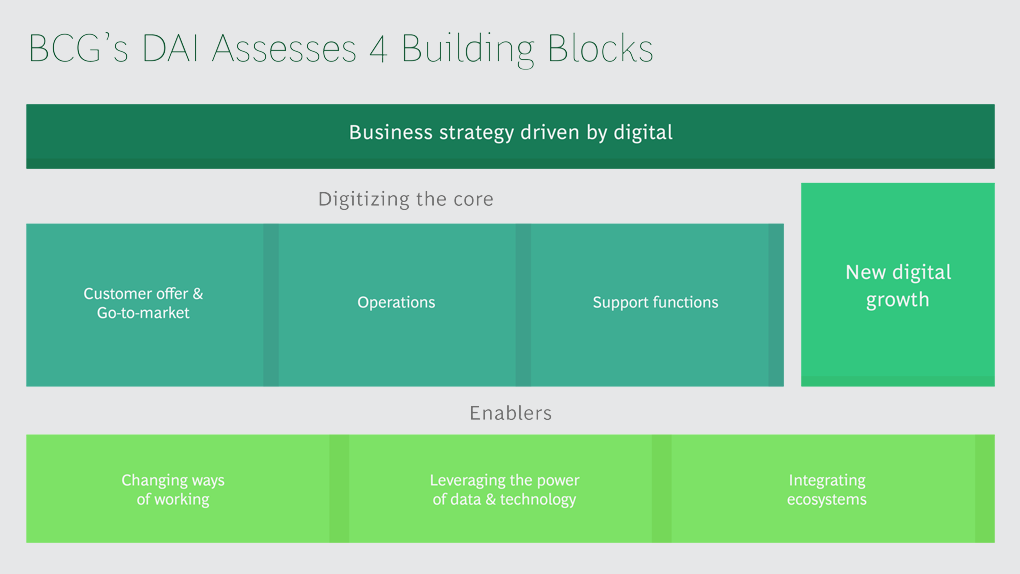
BCG Digital Acceleration Index
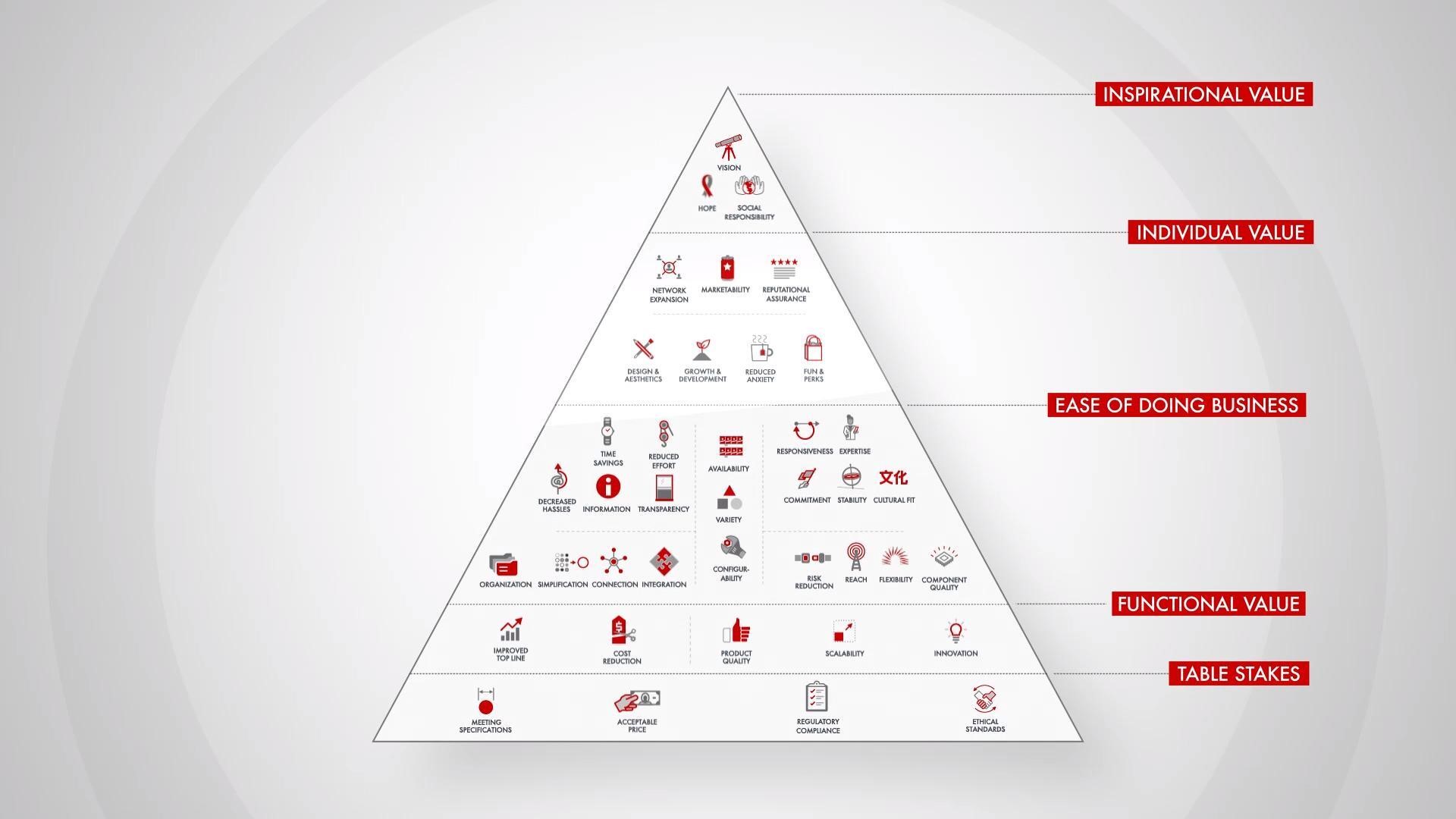
Bain’s Elements of Value Framework
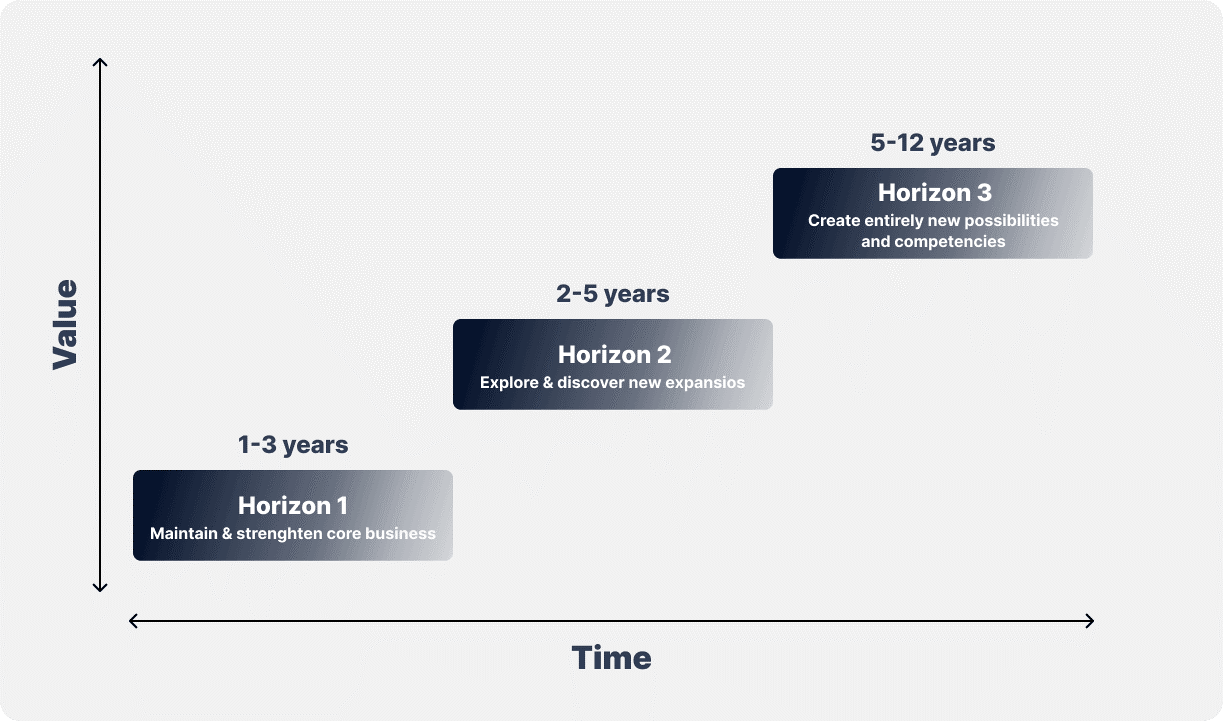
McKinsey Growth Pyramid
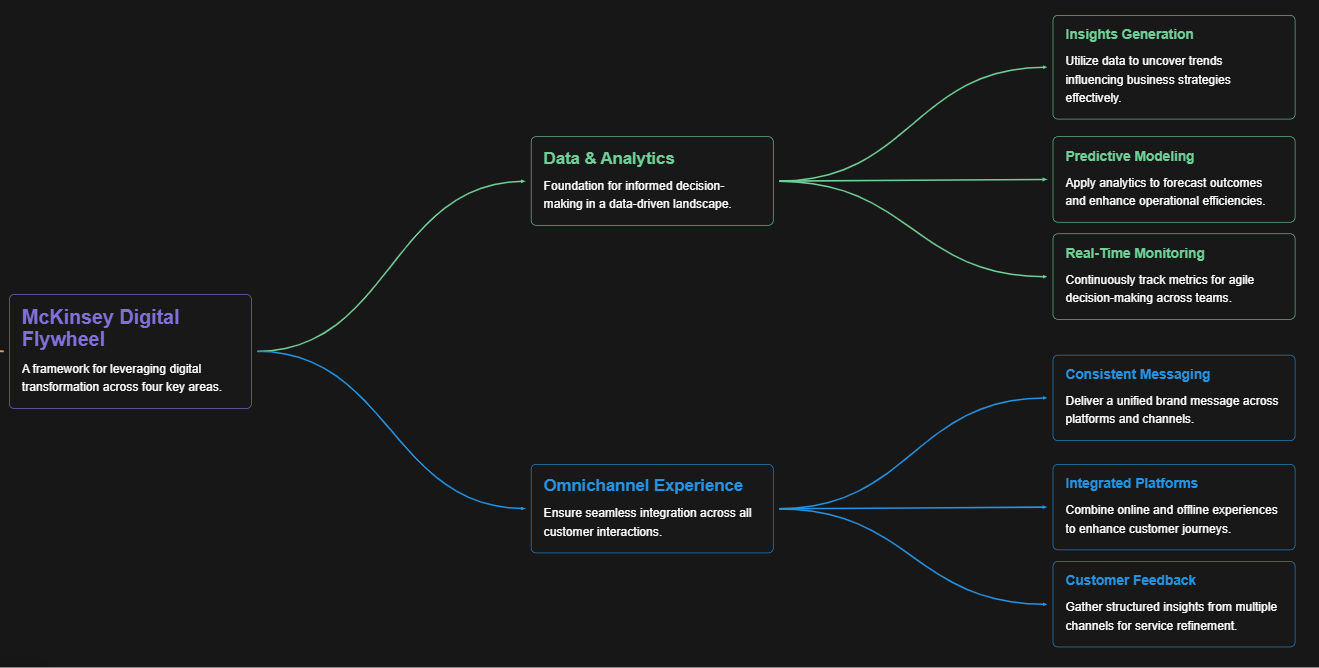
McKinsey Digital Flywheel
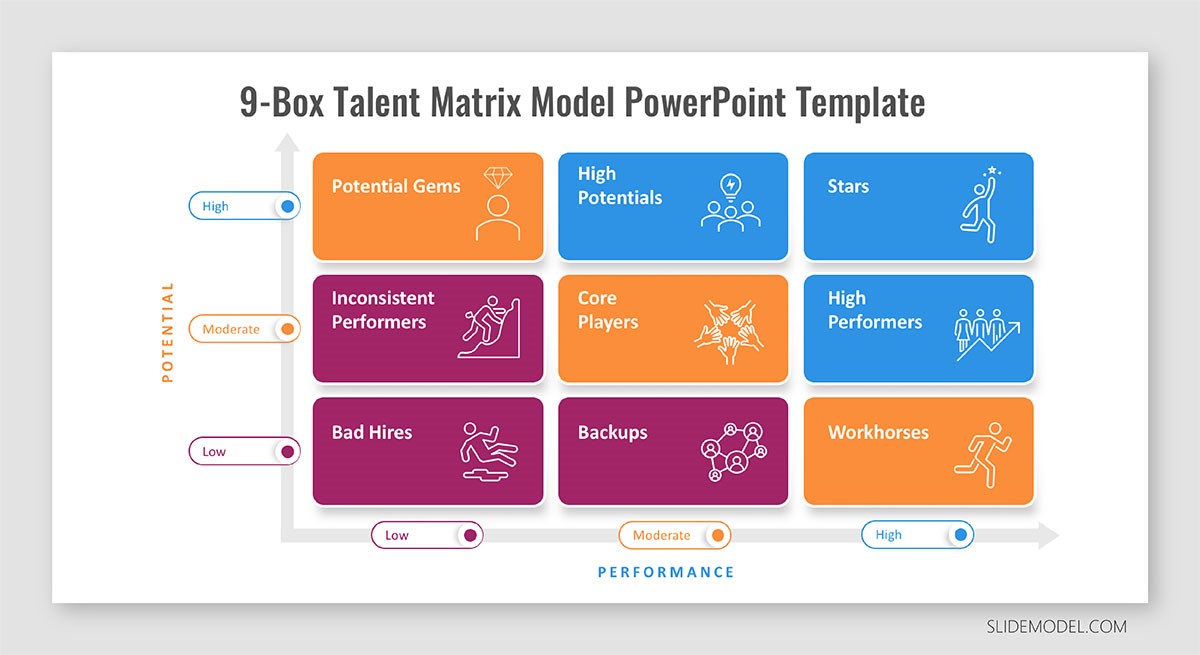
McKinsey 9-Box Talent Matrix
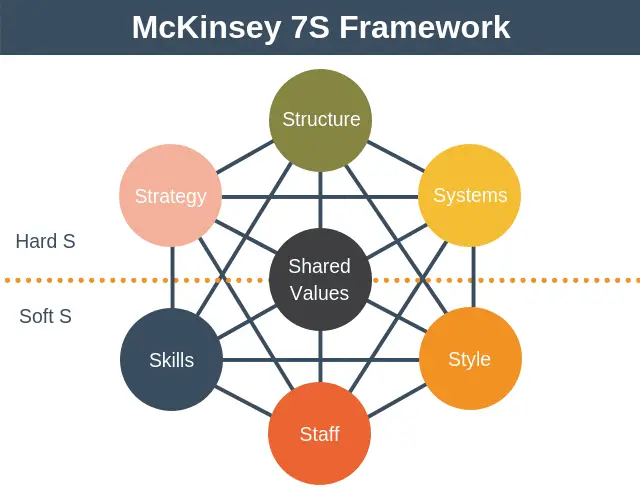
McKinsey 7S Framework
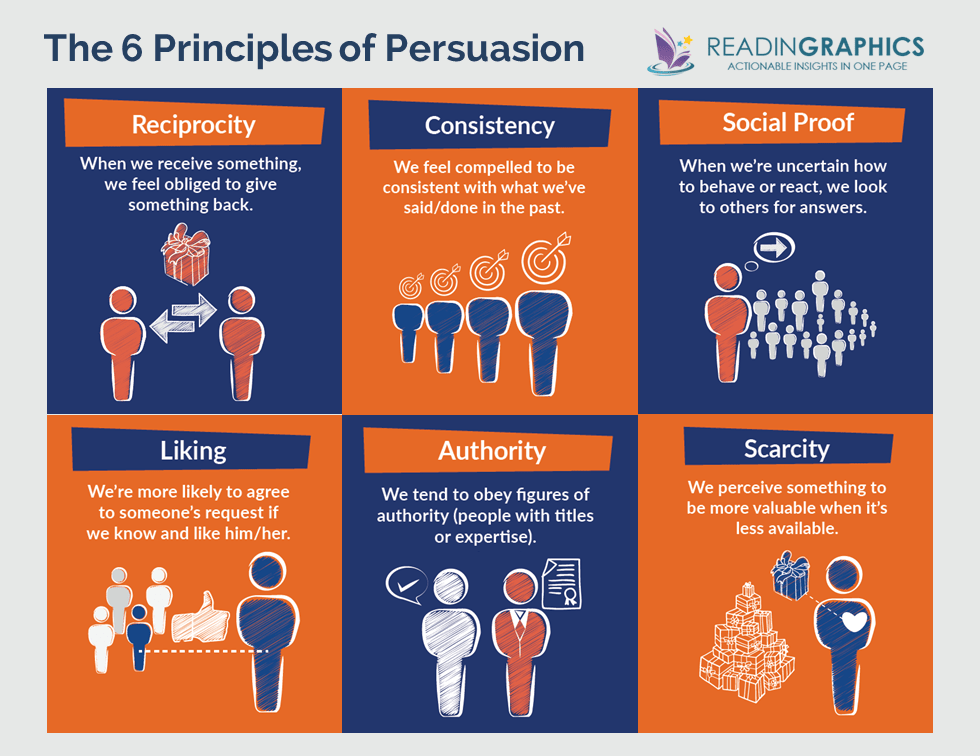
The Psychology of Persuasion in Marketing
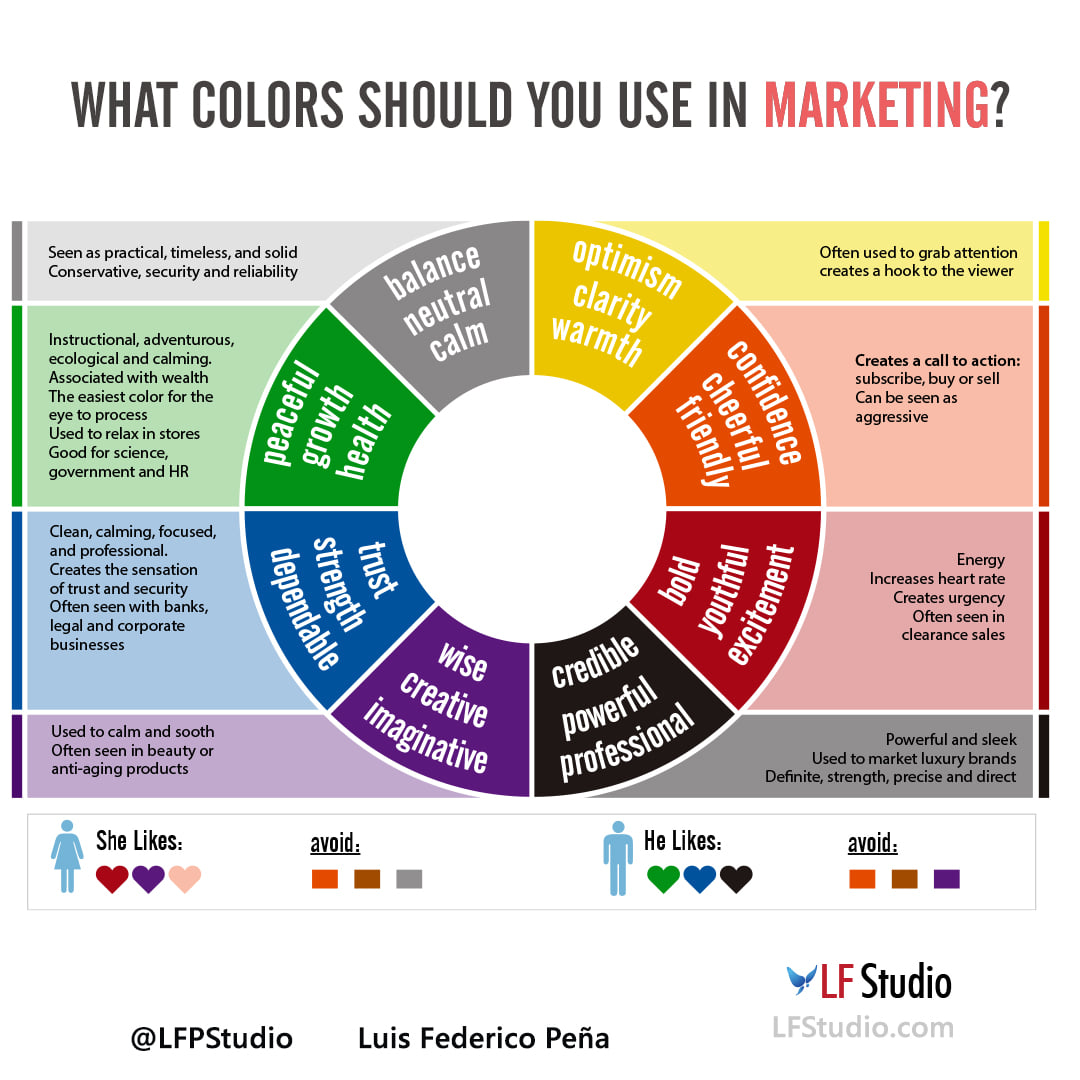
The Influence of Colors on Branding and Marketing Psychology


